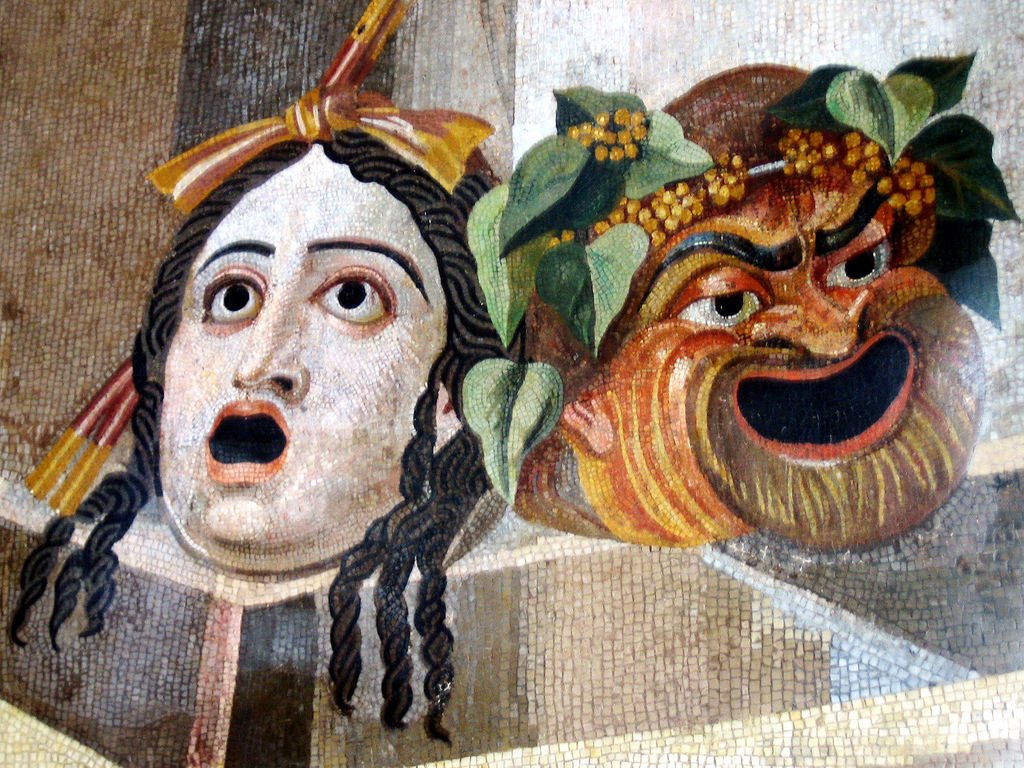Gothic Literature and Sophocles

For my paper, I wanted to evaluate whether Horace un/intentionally channeled the writing style of Sophocles. In Horace’s Castle of Otranto, tragedy is the first theme that appears in the gothic novel. The first major event in the novel lead to everyones eventual fate (a theme that Sophocles greatly stresses in Oedipus Rex).
In The Castle of Otranto, the “prophecy” is similar to the prophecy in Sophocles’s “Oedipus Rex” in which they both challenge characters to protect their position in the castle or of higher power. The prophecy sends its “beholders” on a protection rage where they would do anything to avoid this prophecy from coming true. The action of them trying to protect their future is in fact what leads them to their own undoing. With just this bit information, I seek to establish a relationship between the ideals of Gothic/Romantic novels and Tragedy as a genre. Horace fails to mention that not only does he “creates” this new gothic novel by redefining romance novels, but that he also uses the concept of tragedy, fate and sight/blindness to create this new genre. While I was reading this novel, every page I read somewhat screamed to me “Sophocles”, “tragedy”, “comedy” so I decided to question whether or not this novel is just an upgrade to Sophocles greatest works. (I would include comedy depending on whether or not I include Shakespeare’s reference in the preface of Horace’s novel)
The terror in Horace’s work could be a direct comparison to tragedy, for terror stems from tragic events and etc.
I seem to get stuck trying to find a proper way to provide evidence for this idea. I feel the problem stems from not having a clear question or that I might be misunderstanding the assignment as a whole.
Some background information:
Tragedy: is a form of drama based on human suffering that invokes an accompanying catharsis or pleasure in audiences. (Wiki)
Fate is a theme that often occurs in Greek writing, tragedies in particular. The idea that attempting to avoid an oracle is the very thing which brings it about is a common motif in many Greek myths, and similarities to Oedipus can for example be seen in the myth of the birth of Perseus. (Wiki)


